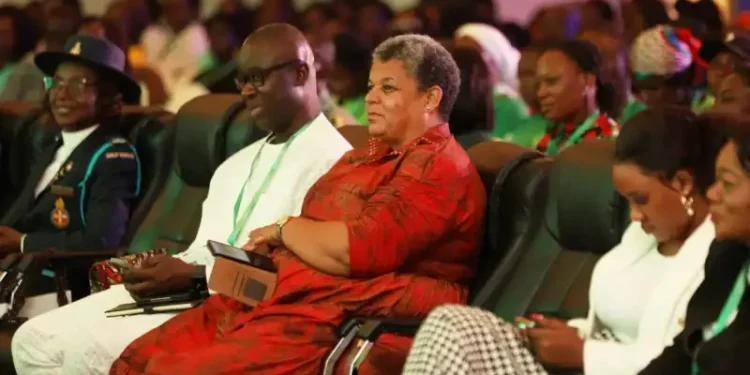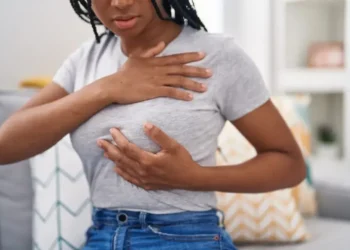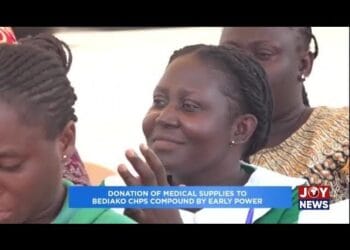Madam Winnie Osulah, Lead for Gender Integration at the Alliance for a Green Revolution in Africa (AGRA), has called for a decisive shift from merely drafting gender-responsive agricultural policies to implementing them effectively.
Speaking at a convening organised by AGRA in Accra on the use of gender in Ghana‘s Agriculture Scorecard, Madam Osulah said many African countries had developed gender-responsive agricultural policies, but most remained outdated or unimplemented. This, she noted, had created a widening gap between policy intentions and real impact on women farmers.
“Governments must target the right audiences and build capacity to translate policy into measurable outcomes,” she said.
The event, held under the theme “Enhancing Gender-Responsive Decision-Making in Agriculture through AGRA’s Gender Mainstreaming in Agriculture Scorecard,” examined government performance in three areas, the enabling environment, government commitment, and government capacity, to assess how effectively agricultural policies addressed gender issues.
Madam Osulah explained that the scorecard served as both a diagnostic tool and a roadmap, guiding governments and partners to prioritise interventions that yield measurable, gender-responsive results in agricultural productivity and food systems resilience.
She highlighted that women represented about 80 per cent of Africa’s agricultural labour force, yet their needs were often ignored in policy design and implementation. “If women’s needs are not considered, we are not unlocking the full potential of African food systems,” she cautioned.
Presenting Ghana’s performance, Madam Osulah said the country scored 72 per cent on the enabling environment, reflecting strong policy presence. However, it recorded 56 per cent on implementation capacity and around 60 per cent on government commitment, levels she described as inadequate to move policy from paper to practice.
“We are not yet at the threshold we consider gender responsive. To declare a country gender responsive, it must score above 75 per cent in all three categories,” she said.
She urged governments to identify their weakest areas, build institutional capacity, and implement policies in phases, with particular focus on women smallholder farmers who stand to benefit most.
Madam Osulah called for practical investments in training, institutional strengthening, and monitoring systems that track whether policies translate into tangible improvements in people’s lives. “Policy formulation must be matched by deliberate, targeted implementation, or the continent risks leaving most of its agricultural workforce behind,” she warned.
Follow The Ghanaian Standard channel on WhatsApp for the latest news stories from Ghana.
Mrs Faustina Acheampong, Director at the Department of Gender under the Ministry of Gender, Children and Social Protection (MGCSP), said addressing barriers facing women required a unified and amplified voice.
She disclosed that the Ministry was reviewing the National Gender Policy (2025–2034) to promote equal opportunities by integrating gender equality and women’s empowerment into the national development agenda.
Mrs Acheampong also revealed plans to establish a Women’s Development Bank to enhance financial inclusion, offer affordable credit, and strengthen economic independence for women and girls, especially in underserved communities.





























